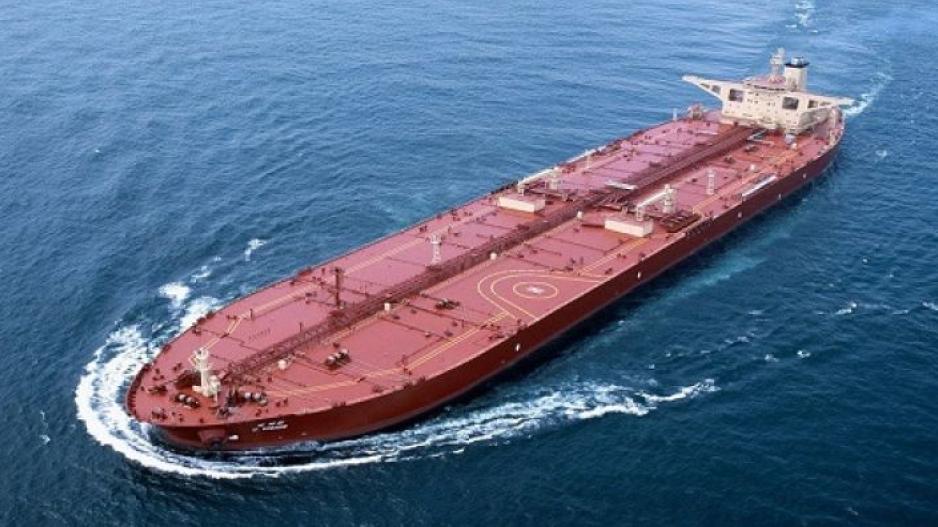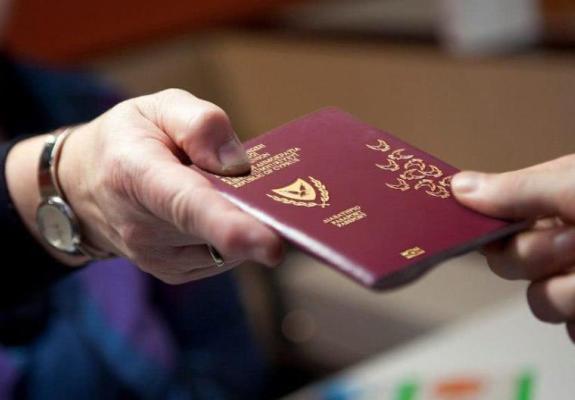Russia Builds Network to Evade Oil Sanctions
Russian Tankers Use Armed Guards to Bypass Restrictions.
On July 20 last year, off the coast of Eritrea, the tanker Vernadsky Prospect was carrying 730,000 barrels of Russian oil when it sent out a crucial message: “Armed guards on board.”
The 250-meter-long tanker had just navigated the Suez Canal and was heading to India, one of the few major economies still buying Russian oil since the invasion of Ukraine.
Five days later, the Vernadsky Prospect rendezvoused with the vessel Genesis near Oman. A group of professional guards boarded, armed with military-grade weapons authorized by the UK, to protect the tanker from potential attacks in the dangerous waters between Yemen and Somalia.
This security service, offered by Genesis and other vessels like Siam and Antarctic Dream, is widely used by global shipping companies. For Russia, these services have been vital, enabling it to maintain oil exports and secure revenue despite international sanctions.
The shipping industry's intricate network, combined with frequent flag changes, complicates Western efforts to block Moscow's oil trade. “The UK’s licensing system has failed to adequately assess the risks,” said Liam Byrne, head of the UK Parliament’s business and trade committee, urging a review of licenses for floating arsenals.
Sinbad Navigation, a Dubai-based company, operates these "floating arsenals." While Sinbad is not under sanctions and its services are lawful, the UK revoked its weapons licenses last summer. However, not all weapons could be traced, as Sinbad's vessels changed ownership and flag states.
By exploiting regulatory loopholes and weak oversight, Russia has created a “shadow fleet” to circumvent sanctions. Sinbad’s vessels frequently switch registrations to countries with minimal controls, storing weapons on floating depots beyond Western jurisdiction.
Piracy in waters off Yemen and Somalia has declined, but heightened conflicts, like those between Israel and Palestine, have driven up security costs. Sinbad organizes around 200 guard transfers per month, with costs exceeding $4,000 per transfer. Guards, often from South Asia, stay aboard tankers until they pass through safer waters.
Despite sanctions, Russia continues to export its oil, primarily to India. The U.S., UK, and EU have intensified efforts to restrict these exports, targeting tankers and services. However, legal loopholes allow Russia to partner with security providers beyond the reach of sanctions.
According to Bloomberg, since the invasion, Russian crude flows increasingly to India. In 2023, Russia sent 615 million barrels to India, up from 6.5 million in 2021. Meanwhile, shipments to Europe dropped significantly, illustrating Moscow’s strategic shift.






